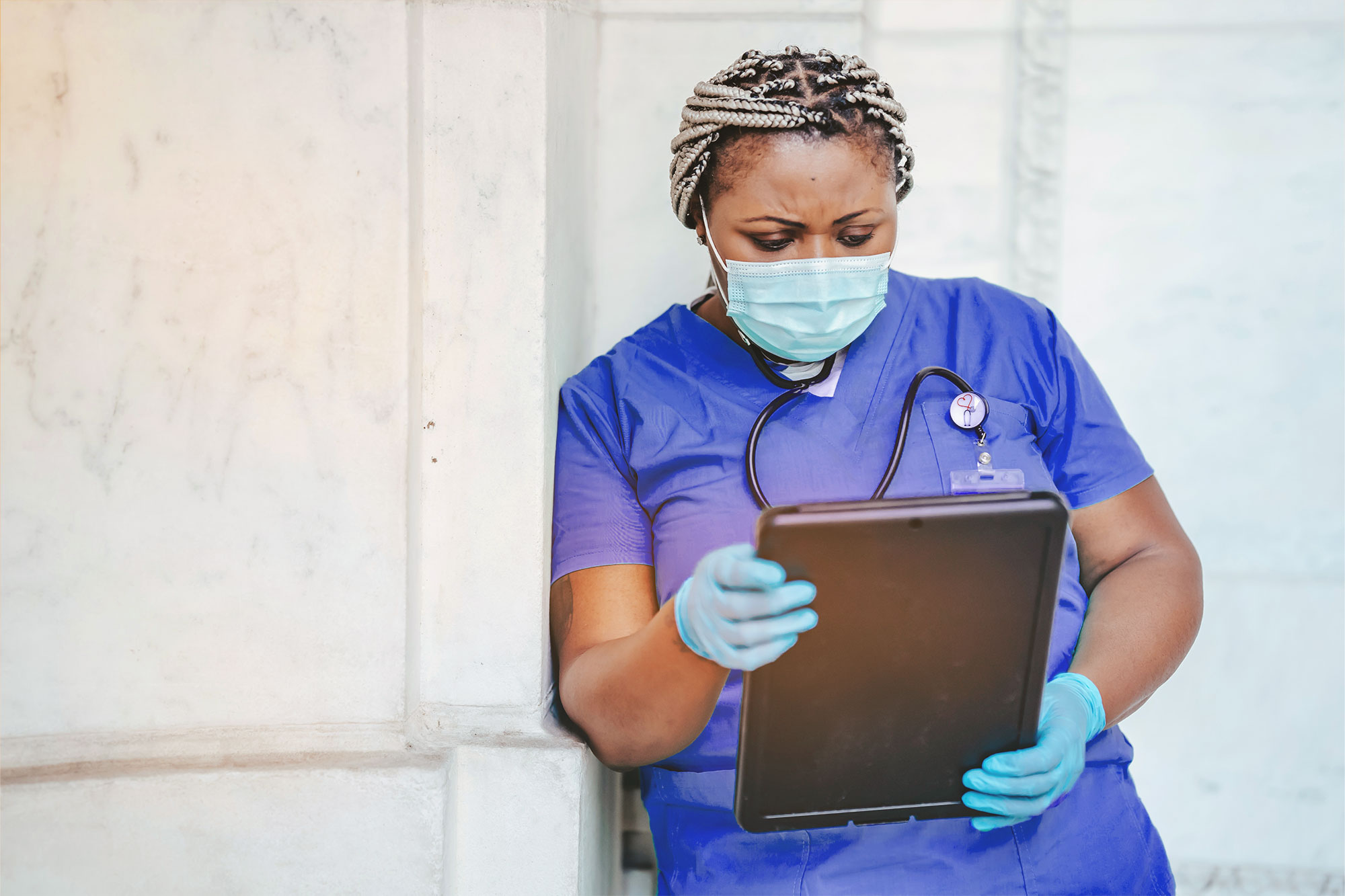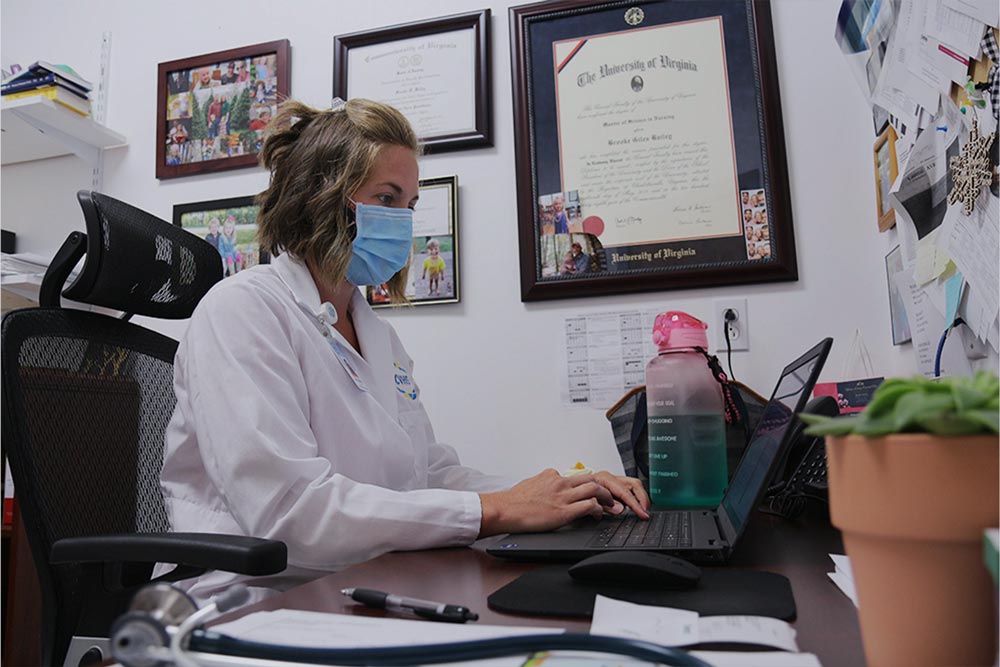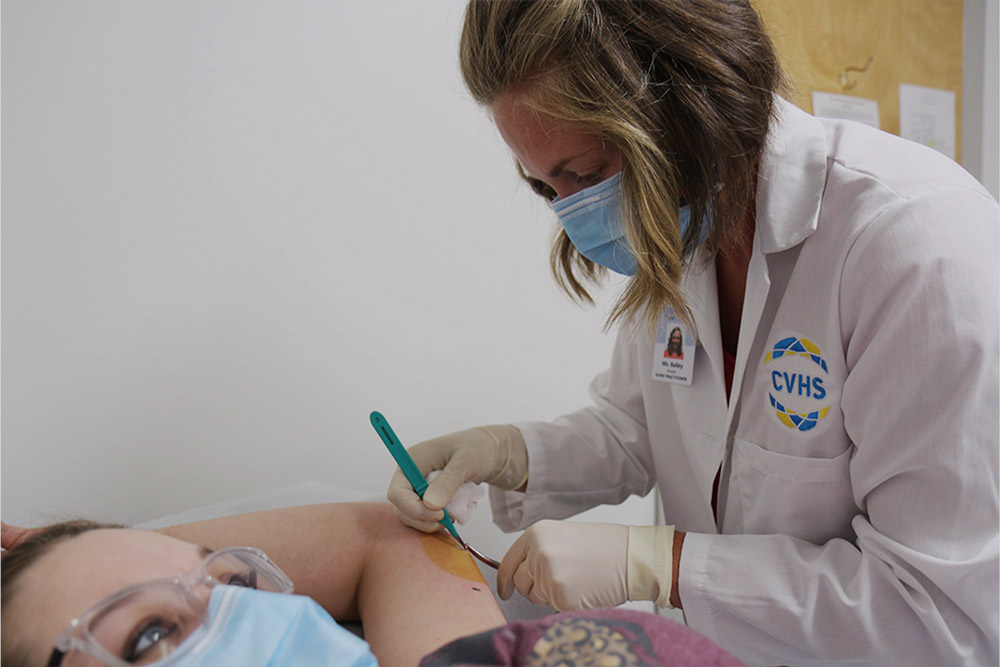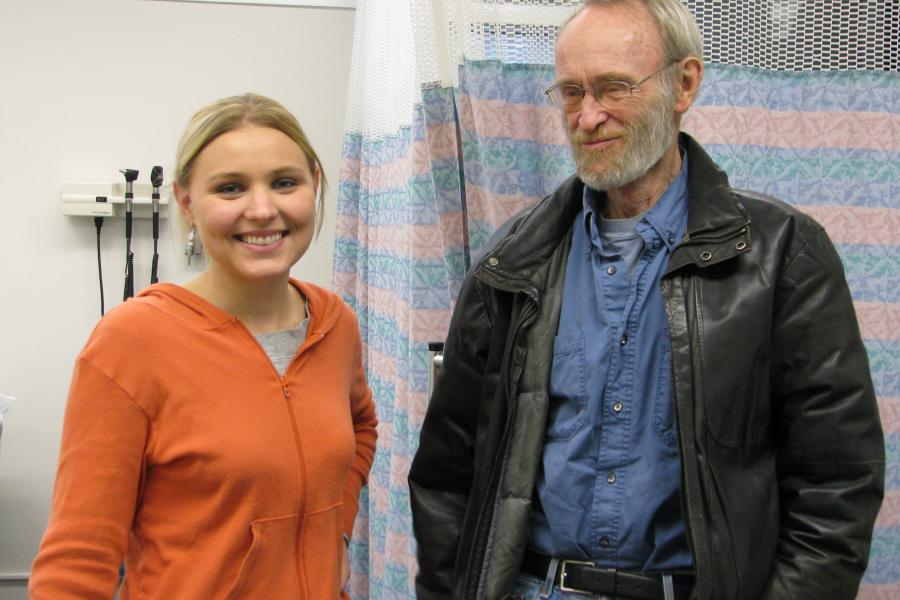More than half of states in the U.S. employ more relaxed nurse practitioner licensure models than Virginia does, Reid said, who called the commonwealth “an outlier.” Those models are supported by the National Academy of Medicine and the National Council of State Boards of Nursing, and supported by the Federal Trade Commission, the American Enterprise Institute, and the American Association for Retired People, among other groups.
There’s another reason for promoting nurse practitioner autonomy: It makes them want to stick around. Reid noted that many nurse practitioners who earn degrees from UVA often choose to practice in states with less restrictive practices, exacerbating Virginia’s “brain drain” of primary care providers.
“This piece of paper has no bearing on our clinical practice, except to satisfy the legal requirement,” said Reid, who also applied for autonomous practice earlier this spring.
The effort to ease Virginia’s nurse practitioner restrictions has been ongoing for more than a decade, championed by the Virginia Council of Nurse Practitioners and politicians like Del. Dawn Adams, a nurse practitioner and a Democrat representing House District 68.
In 2012, the state removed clinics’ requirement to have nurse practitioners supervised by on-site physicians, but they still had to have a collaboration agreement with a doctor.
In 2018, a new law granted nurse practitioners with at least five years’ experience the ability to apply to practice autonomously.
And in 2021 came the executive order that opened autonomy to newer nurse practitioners. But it is a limited-time offer.
That narrow window afforded by the executive order is what pushed Bailey, who earned a master’s degree in 2014, to apply for practice autonomy earlier this spring. When she receives the letter confirming her autonomy later this summer, she said she’ll frame and hang it on her wall, next to her diplomas and nursing license.
“It’s paperwork, sure, but it’s also a statement saying, ‘We want this. Let’s do this,’” Bailey said. “It gives you an opportunity to fly.”




